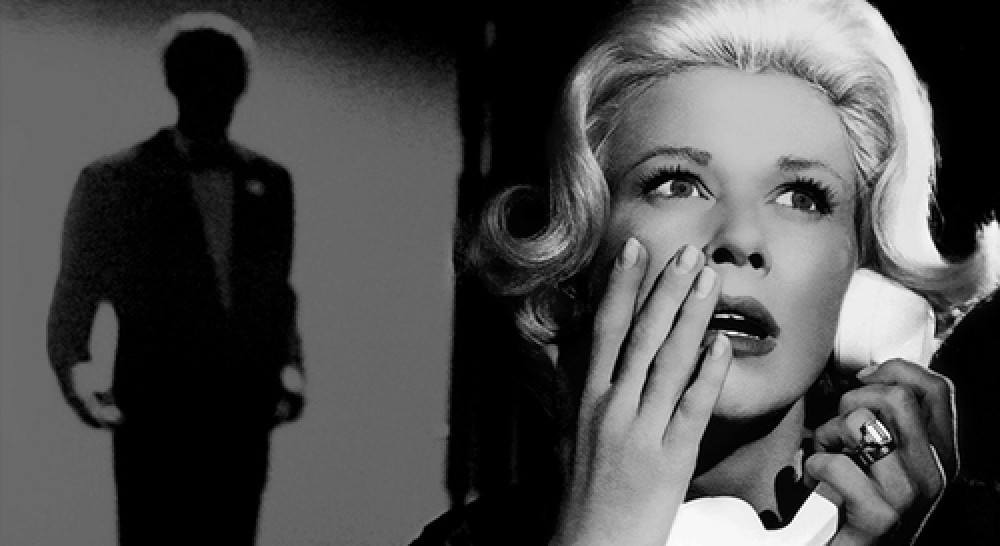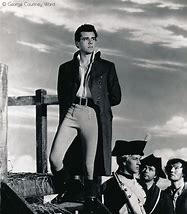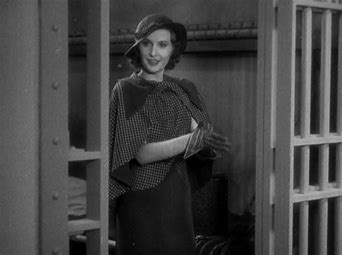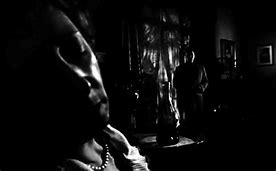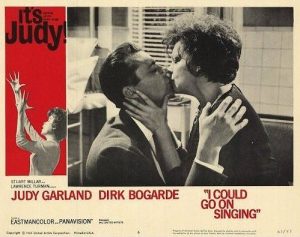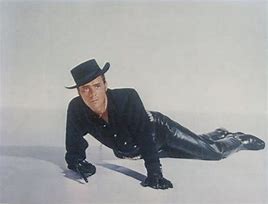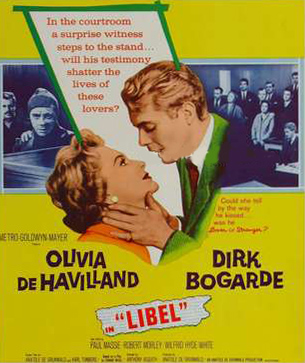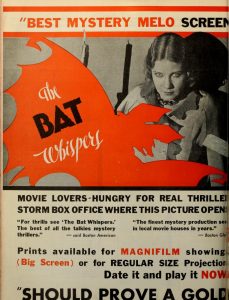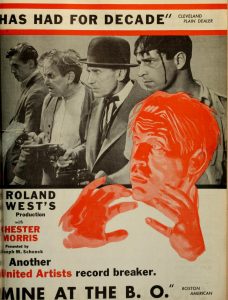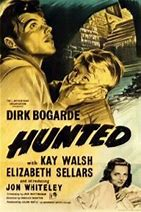All are very welcome to join us as we return to screening Dirk Bogarde films with links to melodrama. We will be showing A Tale of Two Cities (1958, Ralph Thomas, 118 mins) on Wednesday the 20th of February, 5-7pm, in Jarman 6.
This British adaptation of Charles Dickens’ 1859 novel sees Bogarde playing the initially dissolute, but ultimately self-sacrificing, lawyer Sydney Carton. We have previously screened Bogarde films which adapted modern texts (Libel, The Singer Not the Song and Cast a Dark Shadow) and one from the late 19th century (Esther Waters). Through discussing A Tale of Two Cities we can tackle one of English literature’s most adapted authors, whose connections to, and influence on, melodrama, bear further examination.
Do join us if you can.
